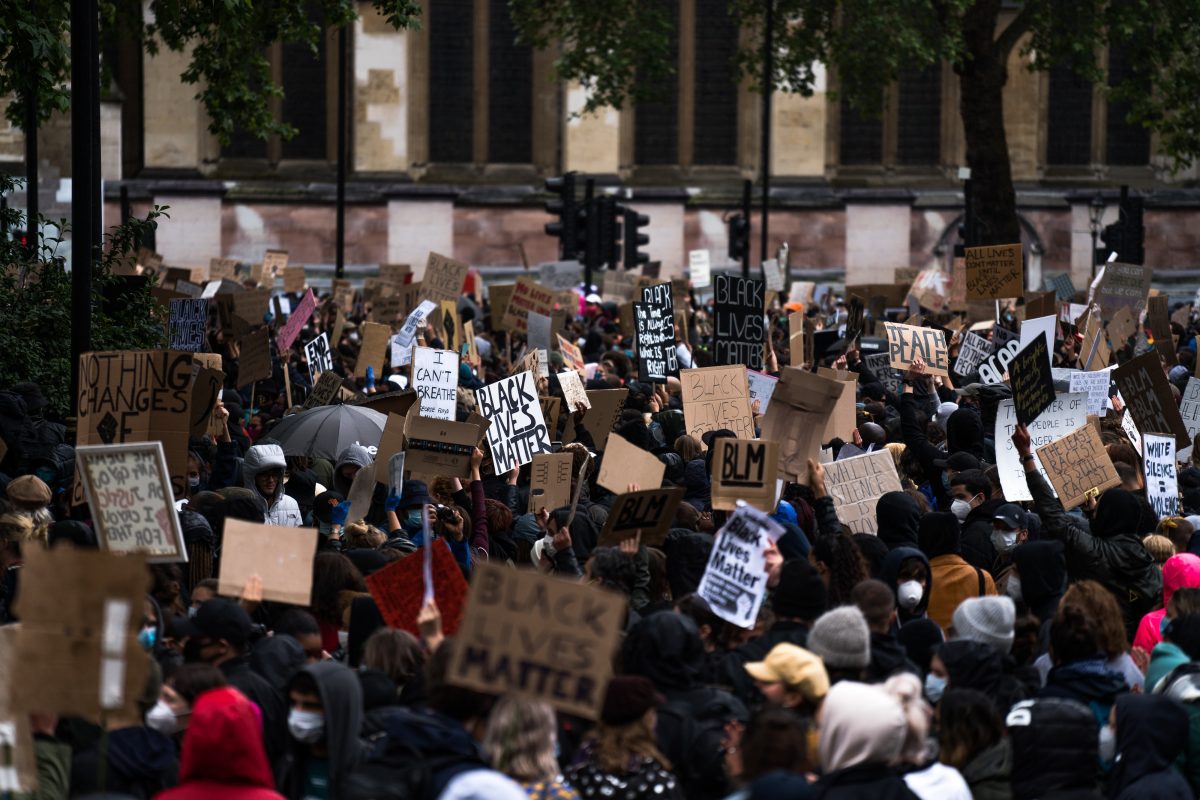Bias
1/21/21 / Kate Darwent

After the nationwide protests of George Floyd’s death, there have been a lot of calls for practicing anti-racism and focusing more on diversity, equity, and inclusion. I also have seen, in my personal life and in the news, push back from people who bristle at the idea that racism could be so widespread and that everyone needs to think about it. Sometimes, knowing certain psychological concepts can feel like seeing the matrix—suddenly you can see what is influencing people’s thoughts and behaviors, including your own. Studying psychology really challenged and changed how I thought about racism and other sorts of biases, so I thought I would write a blog about some of the things that challenged my own thinking. I use the word “bias” throughout because racism is just one form of bias, and similar mental processes are involved in all types of bias. However, it is important to note that the history and impact of bias differ greatly depending on the group.
Three ideas, in particular, challenged my thinking about bias. First, since many forms of bias are not socially acceptable (e.g., saying explicitly racist things is generally frowned upon), many people who are truly prejudiced against certain groups of people won’t say those beliefs out loud. Instead, they let their behavior do the talking, often in ambiguous situations. And it is really hard to determine what they actually believe. For example, if a boss gives a male employee but not a female employee a promotion, was bias involved? Or was the man more qualified? Often, we don’t have enough information to know for sure, and we’re left second-guessing whether someone else acted or behaved in a certain way because of bias. That second-guessing is draining, and it makes it difficult to “prove” that someone is prejudiced against a certain group.
Second, biases can leak into and hijack our thinking and behavior, even when we don’t endorse or believe those biased ideas. Just knowing about stereotypes (e.g., stereotypes about blonds, stereotypes about athletes, etc.) means that that information is stored in your brain and can impact your thoughts and behaviors, often without you realizing. A classic example of this occurs when people interpret ambiguous behaviors and situations. For example, when you read “The ROCK STAR was unhappy with the amount of alcohol at the party” and “The NUN was unhappy with the amount of alcohol at the party,” you probably are interpreting the meaning of the sentence differently based on your stereotypes of rock stars and nuns. While that example may be pretty innocuous, the impact of stereotypes on interpretations of whether someone is guilty of a crime, whether someone has a weapon in a tense situation, whether someone is aggressive, etc. can have a huge impact.
And third, while we often worry about bias at an individual level, bias can, both knowingly and unknowingly, be built into rules, policies, organizations, etc. Bias that is built into the system itself is more powerful than any individual bias and is often hard to detect if you’re not looking for it. We are not great at perceiving our own biases and the same may be true of the organizations of which we are a part.
What all of this suggests is that most bias does not show up as clear-cut individual actions. Instead, it is a slow accumulation of little ambiguous actions that, if left unchecked and if built into systems, can end up really hurting a group of people. For all these reasons, a lot of people have tried to move our focus onto the impact of bias, rather than the intention behind it. Even if we didn’t design a system to hurt one group of people more than others, if that is the outcome then that is what matters, regardless of intention. I’ve been thinking about this angle a lot lately. It is not enough to not intend to be biased. Actively looking for those biases, remaining open to criticism about biases, and figuring out how to fix them is where the work really begins.
Hopefully, understanding how biases impact our thoughts and behavior can help facilitate some important conversations. Human brains are amazing machines; however, culture feeds them a lot of incomplete and/or wrong information that they then use to make inferences about the world. Although it feels embarrassing to have someone point out a bias, it is important to keep in mind that biases are more so a reflection of our culture than our personal thoughts or beliefs. However, we reveal our personal thoughts and beliefs in how we respond to criticism about biases.
